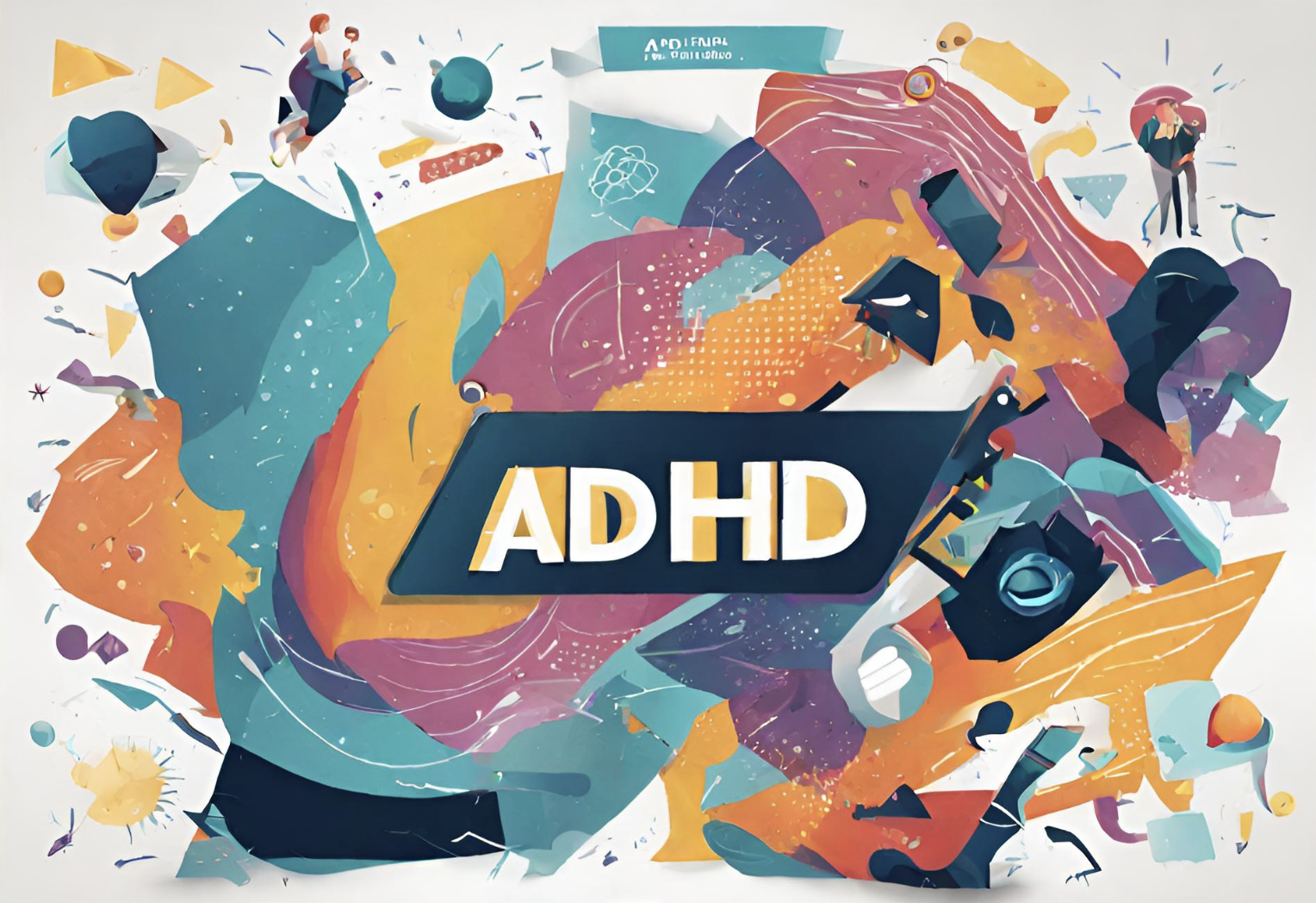For many individuals on the autism spectrum, the world can feel like a sensory overload, a constant barrage of stimuli requiring constant processing. While this unique neurology comes with its own strengths, it also carries the risk of autistic burnout, a state of profound physical, emotional, and mental exhaustion. Understanding this phenomenon and exploring strategies for recovery, including coaching, can be crucial for individuals experiencing autistic burnout, as well as their loved ones.
What is Autistic Burnout?
Autistic burnout isn’t simply feeling tired or stressed. It’s a complex and distinct experience often triggered by prolonged exposure to overwhelming environments and demands that exceed an individual’s capacity to cope. Unlike typical burnout, which is often work-related, autistic burnout can stem from various factors, including:
- Sensory overload: Constant exposure to bright lights, loud noises, or overwhelming social interactions can deplete energy reserves.
- Social challenges: Difficulty with social cues, communication, and navigating social situations can be emotionally draining.
- Rigid routines and transitions: Unexpected changes or disruptions to routines can be highly stressful for individuals with autism.
- Camouflaging: Masking autistic traits to fit in can lead to emotional and mental exhaustion.
Recognising the Signs
Autistic burnout can manifest in various ways, and it’s important to remember that the experience can be unique to each individual. Some common signs of autistic burnout include:
- Emotional exhaustion: Feeling constantly drained and emotionally numb.
- Increased anxiety and depression: Feeling overwhelmed, hopeless, and losing interest in activities previously enjoyed.
- Loss of motivation: Difficulty completing tasks and a general lack of energy to engage in daily activities.
- Changes in sleep patterns: Difficulty sleeping or sleeping excessively.
- Sensory sensitivities: Increased sensitivity to sights, sounds, smells, tastes, or textures.
- Social withdrawal: Desire to isolate oneself from others, even loved ones.
- Cognitive difficulties: Difficulty concentrating, remembering things, or making decisions.

Recovery Strategies
Autistic burnout requires a multifaceted approach to recovery. Here are some strategies that can be beneficial:
- Prioritise rest and self-care: Ensure adequate sleep, relaxation activities, and engage in activities that bring joy and calmness. Special interests are a great way to decompress and anchor oneself.
- Reduce sensory overload: Identify and minimise triggers that contribute to sensory overload. This might include wearing noise-cancelling headphones, utilising calming spaces in the home, or reducing screen time.
- Establish healthy routines: Create predictable and consistent routines to provide structure and reduce the stress of unexpected changes.
- Seek professional support: Consider therapies like Cognitive Behavioural Therapy (CBT) to develop coping mechanisms and manage stress.
- Explore coaching: A coach specialising in autistic needs can provide tailored guidance and support towards managing autistic burnout and navigating daily life challenges.
The Role of Coaching in Recovery
Coaching can be a valuable tool in the journey towards recovering from autistic burnout. Here’s how:
- Personalised support: Unlike one-size-fits-all approaches, coaching provides personalised guidance and support tailored to the individual’s specific needs and experiences.
- Building self-awareness: Coaching can help individuals with autism understand their triggers, strengths, and limitations, empowering them to manage their energy and make informed choices.
- Developing coping mechanisms: A coach can help individuals develop practical skills to navigate stressful situations, manage sensory overload, and improve communication and social interactions.
- Goal setting and achieving: Coaching provides support in setting realistic goals and developing strategies to achieve them, fostering a sense of accomplishment and motivation.
- Advocacy and support: A coach can act as an advocate, helping individuals navigate interactions with healthcare professionals, educational institutions, or employers to ensure their needs are understood and supported.

Finding the Right Coach
Finding a qualified and experienced coach specialising in autism and burnout is crucial. Here are some tips:
- Seek recommendations: Look at reviews online, or ask therapists, psychiatrists, or other professionals you trust for recommendations for coaches specialising in autism.
- Research and interview coaches: Explore the qualifications, experience, and approach of potential coaches before making a decision. Coaches should offer free discovery calls to allow for you to get to know one another and to allow you to ask any questions.
- Consider your specific needs: Look for a coach who has experience working with autistic individuals experiencing burnout similar to yours.
- Utilises a collaborative and strength-based approach: Look for a coach who works with your diagnosis, and not against it, harnessing your strengths to overcome your challenges.
- Offers a safe and supportive environment to explore your experiences: Coaches should work with you at your level, in a non-judgemental and supportive manner.
Conclusion
Autistic burnout is a real and challenging experience. However, by understanding the signs, exploring various recovery strategies, and seeking professional support, individuals with autism can develop the necessary tools to overcome the burnout and reach a place of renewed energy and wellbeing. Remember, you are not alone in this journey, and with support and self-compassion, you can weather the storm and find your calm.
Additional Resources
- The National Autistic Society: https://www.autism.org.uk
- The Autistic Self Advocacy Network: https://autisticadvocacy.org/
- Autism Awareness Australia: https://www.autismawareness.com.au/
- Aspire Aspergers Victoria: https://aspergersvic.org.au/
- Autism CRC: https://www.autismcrc.com.au/
The seemingly lacking level of validation. The never-ending email chain. The constant pinging of notifications. For individuals with Attention Deficit Hyperactivity Disorder (ADHD), the bustling environment of the workplace can feel like an assault course designed to trip you up at every turn.
But what if we reframed the narrative? What if, instead of focusing solely on the challenges, we acknowledged the unique strengths that individuals with ADHD possess? Strengths that, when harnessed and nurtured, can propel ADHDers to excel in their careers and become valuable assets to any organisation.
Unlocking Your Superpowers
The first step in this journey is understanding that ADHD isn’t just about limitations; it’s a neurological difference that comes with a distinct set of superpowers. These strengths often include:
- Hyperfocus: The ability to laser-focus on tasks that individuals find engaging, leading to bursts of exceptional productivity. Imagine tackling a complex problem and becoming completely immersed in the process, losing track of time as innovative solutions flow effortlessly.
- Creativity: An innate ability to think outside the box and bring fresh perspectives to problem-solving. This “divergent thinking” allows those with ADHD to see challenges from unique angles, fostering innovation within teams and leading to breakthrough solutions.
- Enthusiasm: A natural tendency to approach work with positive energy and infectious enthusiasm. This contagious passion can motivate and inspire colleagues, creating a dynamic and stimulating work environment.
- Resilience: The ability to bounce back from setbacks and adapt to changing circumstances with agility. This characteristic allows individuals with ADHD to persevere through challenges, learn from mistakes, and continuously improve.
Building Your Toolkit for Success
By leveraging these strengths and implementing effective strategies, you can navigate workplace challenges with confidence:
- Embrace Structure and Organisation: Create consistent routines that work for you. Utilise detailed to-do lists and leverage calendars and planners to stay organised and on track.
- Minimise Distractions: Find quiet workspaces, utilise noise-cancelling headphones, and block out social media notifications during focused work periods. This reduces distractions and helps you maintain concentration (this one is my personal favourite).
- Break Down the Mountains: Divide large projects into smaller, manageable steps. This approach prevents feeling overwhelmed and allows you to focus on one achievable task at a time, facilitating a sense of accomplishment and progress.
- Communicate Openly: Openly discuss your ADHD with your manager and colleagues, explaining how they can best support you. This could involve requesting flexible deadlines, breaks for movement, or clear and concise instructions. By open communication, you empower others to understand your needs and foster an inclusive work environment.
- Seek Professional Support: Consider seeking professional guidance in the form of ADHD coaching or therapy specifically tailored to helping individuals with ADHD thrive. These professionals can equip you with additional tools and strategies, helping you develop effective coping mechanisms and optimise your strengths within the workplace and your life.

Cultivating a Neurodiverse Workplace
Employers also play a crucial role in empowering individuals with ADHD and fostering a supportive and inclusive environment:
- Offer Flexible Work Arrangements: Consider offering remote work options, adjusted schedules, or breaks for movement to cater to individual needs and preferences. This flexibility allows individuals with ADHD to work in an environment that best suits their work style and minimises distractions.
- Provide Clear and Concise Communication: Avoid ambiguity and offer multiple communication channels (written and verbal) when delivering instructions. This ensures understanding and reduces confusion for individuals with ADHD who may struggle with processing information in fast-paced environments.
- Promote Open Communication: Encourage employees with ADHD to feel comfortable discussing their needs and requesting accommodations. Foster a culture of open communication and understanding. By creating a safe space for open dialogue, you can address challenges proactively and ensure a comfortable and productive work environment for all.
- Celebrate Neurodiversity: Recognise and value the unique contributions individuals with ADHD bring to the team. Their creativity, enthusiasm, and resilience are valuable assets that can benefit the entire organisation. By embracing neurodiversity, organisations unlock the full potential of their workforce and foster a more inclusive and innovative work environment.
Embracing Your Journey
Living with ADHD doesn’t have to limit your success in the workplace. By understanding your strengths, implementing effective strategies, seeking support, and working within a supportive environment, you can create the foundation for a thriving career.
Remember, your unique neurology is not a limitation; it’s your superpower. Embrace your strengths, conquer the challenges, and chart your own course to success in the workplace. You have the potential to become a force to be reckoned with!
Don’t shy away from seeking coaching, mentorship or joining support groups specific to individuals with ADHD in the workplace. Connecting with others who understand your experiences can provide valuable insights, encouragement, and a sense of community.
Remember… change is a journey, not a destination. Be patient with yourself as you implement new strategies and navigate the seemingly never-ending challenges. Celebrate your victories, big and small, and learn from setbacks. Write these down somewhere visible to help remind and anchor you. With dedication, self-compassion, and a supportive network, you can create a fulfilling and successful career that leverages your unique strengths and allows you to thrive in the workplace.

Additional Resources:
- CHADD (Children and Adults with Attention-Deficit/Hyperactivity Disorder): https://chadd.org/
- ADDitude Magazine: https://www.additudemag.com/
- National Institute of Mental Health: https://infocenter.nimh.nih.gov/publications/attention-deficithyperactivity-disorder-adults-what-you-need-know
By taking charge of your ADHD and harnessing your unique strengths, you can transform the workplace from an assault course into a launchpad for success. Go forth, conquer your challenges, and embrace the amazing things you can achieve! Remember, you are not defined by your ADHD, but by your resilience, creativity, and unwavering spirit. Now go out there and show the world what you’re truly capable of!


